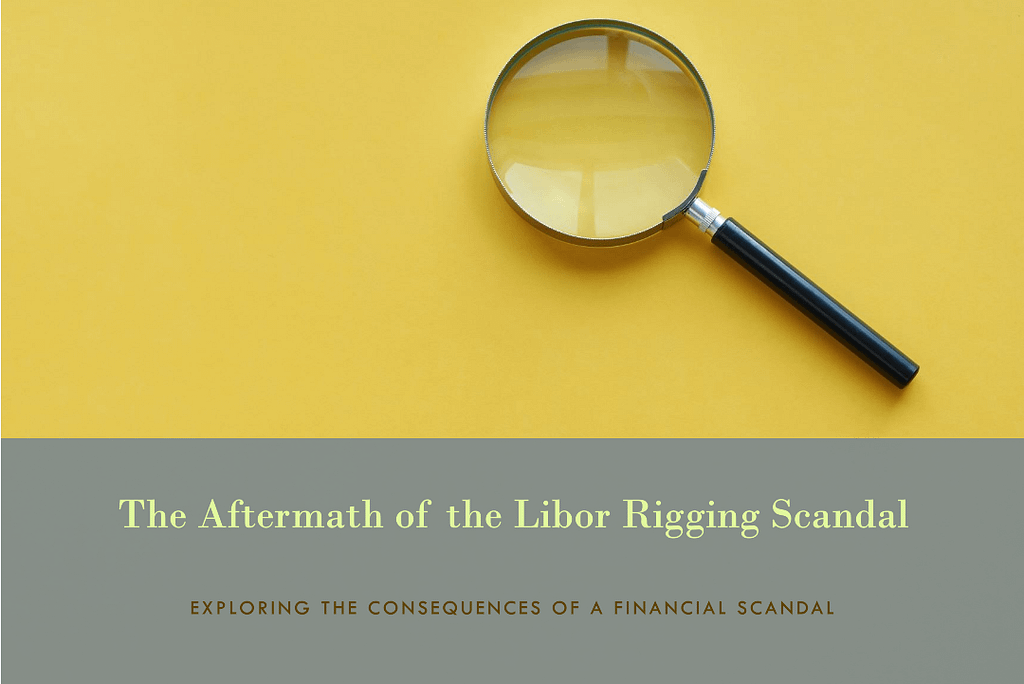What Was Bill 124?
On February 12, 2024, the Ontario Court of Appeal released its judgment in English Catholic Teachers Association v. Ontario (Attorney General). The judgment was regarding the constitutionality of Bill 124 (the “Bill”). Before we dive deep into the judgment, let’s have a quick look at what Bill truly was all about. In clear words, the Ontario government, through this Bill wanted to meet and overcome its fiscal challenges and also wanted to ensure the sustainability of public services.
With that in mind, In November 2019, the Ontario government passed the Bill, imposing a yearly 1% cap on compensation surges for all unionized and non-unionized employees in the broader public sector (in simple terms restraint on compensation). The Bill also known as the Protecting a Sustainable Public Sector for Future Generations Act, 2019, came into force on November 8, 2019.
Legal Challenges and the Ontario Superior Court Decision
However, the Bill sparked a lot of negative attention and finally, almost 10 labor and union groups disputed the legality of the Bill before the Ontario Superior Court (the “Lower Court”). In November 2022, in Ontario English Catholic Teachers Association v. His Majesty, Justice Koehnen of the Lower Court the Lower Court ruled against the Bill and determined it unconstitutional. The Lower Court outlined that the Bill drastically obstructed the freedom of association, and collective bargaining, contrary to section 2(d) of the Canadian Charter of Rights and Freedoms (the Charter).
The Ontario Court of Appeal’s Decision and Repeal
The Ontario government later appealed to the Ontario Court of Appeal (the “Upper Court”) against the judgment passed by the Lower Court, but, On February 12, 2024, the Upper Court, upheld the Nov 29, 2022 ruling of the Lower Court and deemed the Bill as unconstitutional, but with some tweaks. The Upper Court also stated that the Bill was against the very spirit of collective bargaining as it diluted the mandated procedure of consultation and good-faith negotiation as outlined in section 2(d) of the Charter. The Upper Court stated that the Lower Court erred in declaring the entirety of the Bill as void and of no effect. The Upper Court mentioned since non-unionized public sector workers do not engage in collective bargaining and are not represented by a union in any other way, the Bill applied to them.
In addition, The Bill was later repealed in its entirety by the Ontario government just days after the Upper Court passed its judgment.







